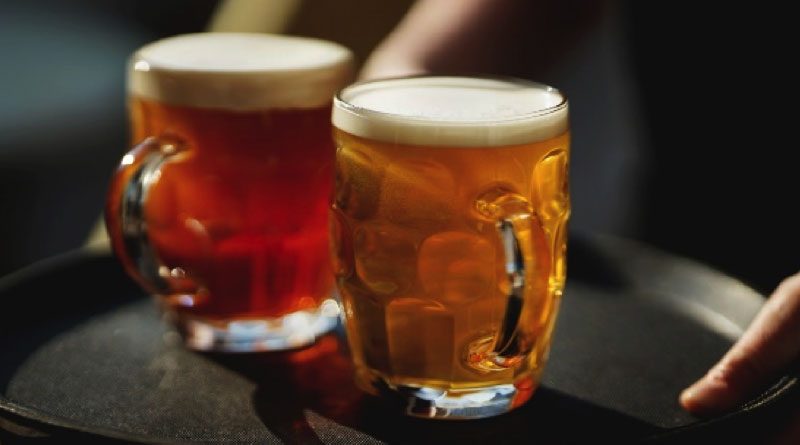No And Low Beer Sales Grow As 2024 Looks To Sell A Record 140 Million Pints

With Christmas parties in full swing, no and low alcohol beers are soaring in popularity, with new BBPA figures revealing a boom in sales.
In 2023 more than 120 million pints of no and low alcoholic beers were drunk across the UK, with BBPA statistics estimating that sales could rise by a further 20 million by the end of 2024.
BBPA data shows that pubs’ sales of no and low beer in December 2023 amounted to 12% of all no and low beer sales for that year alone, up from 11% in 2022.
With the industry serving up more options and sales thriving, it means that the pub is even more inclusive and welcoming than ever before this festive season, the BBPA said.
With no and low options growing in popularity, it is important that the Government takes meaningful steps over the coming months to address the disparity in UK descriptors compared to other markets.
The trade association is calling on the Government to align existing no and low thresholds with that of other nations to help drive sales and boost the economy.
Emma McClarkin, CEO of the BBPA, said:
“Whether someone is choosing moderation, keeping pace with many Christmas festivities, or just doesn’t drink alcohol, these sales show brewers and pubs are catering to all.”
“With the popularity of no and low increasing, we stand ready to support the Government in taking the necessary steps to align our no and low alcohol descriptors with other markets. This important move would allow the category to continue to flourish, benefit the consumer, and allow the pub to continue being a home away from home.”
The BBPA said the industry has adapted to changing habits, with more than 425,000 bulk barrels of no and low alcoholic beer, equivalent to 120 million pints, sold in 2023. This is up 14% on 2022, when more than 370,000 bulk barrels were sold.
In the UK the existing threshold for ‘alcohol free’ is 0.05% ABV, whereas many other nations define alcohol free as 0.5% ABV. Aligning the thresholds will provide a level of fairness for UK brewers and will help to contribute towards the Government’s commitment to drive growth which will boost the UK economy.
Taking this step will raise awareness of the no and low options, support innovation, and provide even greater choice to consumers, the BBPA said.
